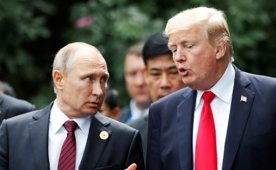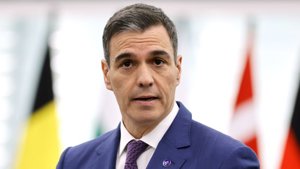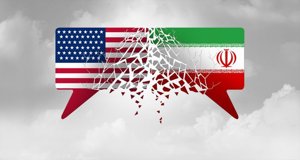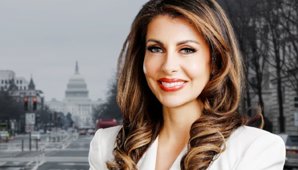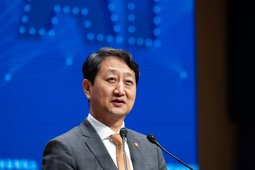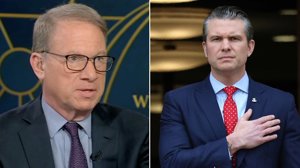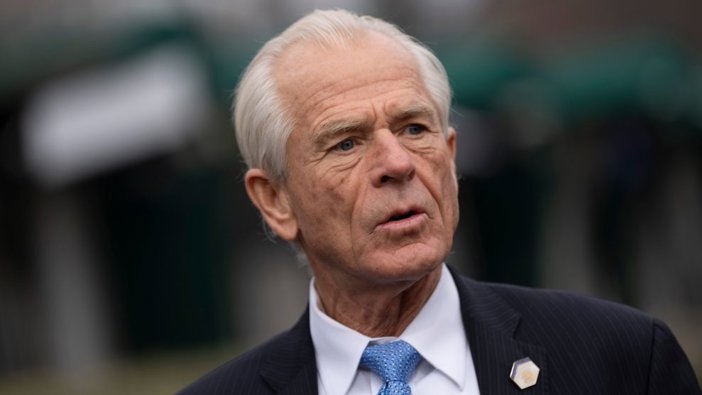
Navarro Slams Musk on Trade Policy
United States President Donald Trump's Senior Counselor for Trade and Manufacturing, Peter Navarro, publicly criticized Tesla CEO Elon Musk over the weekend, claiming the billionaire entrepreneur lacks an understanding of how international trade policies disadvantage the U.S.
“It was interesting to hear Elon Musk talk about a zero-tariff zone with Europe. He doesn't understand that. And the thing that I think is important about Elon to understand is, he sells cars. That's what he does,” Navarro stated during an interview.
Navarro’s remarks come in response to comments made by Musk, who had previously criticized Navarro on social media. Musk then took the stage at “The League Congress,” advocating for the elimination of tariffs between the United States and Europe. “That's what I hope occurs, and also more freedom of people to move between Europe and North America if they wish ... that has certainly been my advice to the president,” Musk said during his speech.
The exchange highlights a fundamental disagreement between Musk’s vision of open markets and freer mobility, and Navarro’s more protectionist stance aimed at shielding U.S. industries from what he describes as unfair global practices. Navarro has long championed aggressive trade policies to counteract what he views as systemic cheating by other nations.
Musk, known for his ambitious vision for global commerce and connectivity, has often taken public stances on policy matters that he believes could impact innovation and economic cooperation. His suggestion of a zero-tariff environment reflects his broader calls for streamlined trade and movement to foster innovation and competition.
While Navarro’s comments were pointed, they reflect the administration’s continued emphasis on trade fairness and domestic industry protection, particularly in sectors like automotive manufacturing. The disagreement between the two prominent figures underscores ongoing debates within U.S. leadership over how to balance globalization with national interests.

